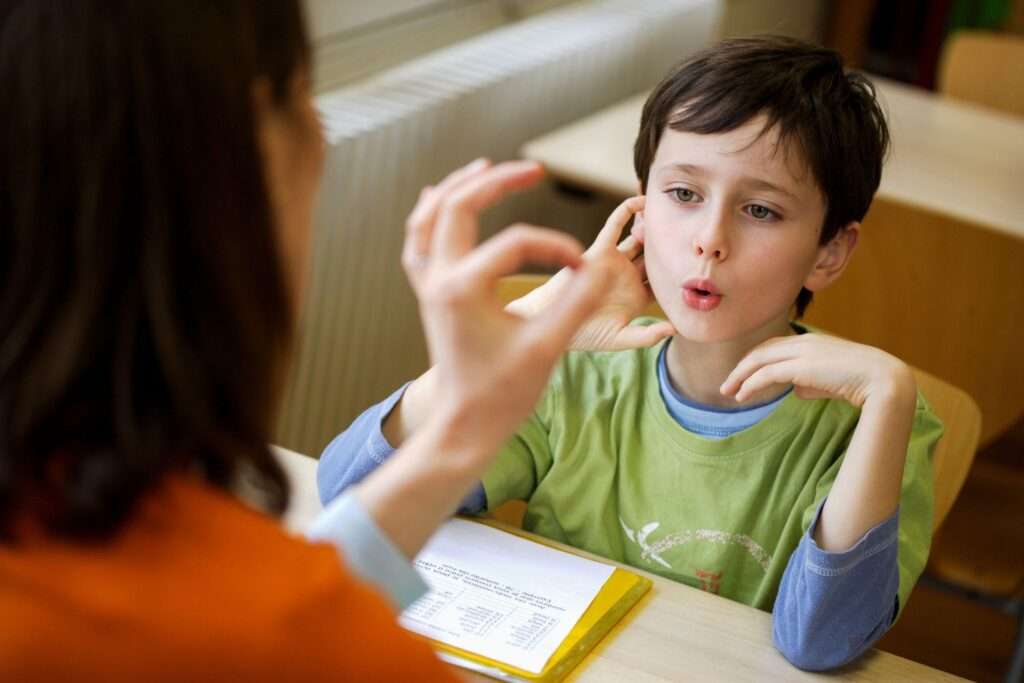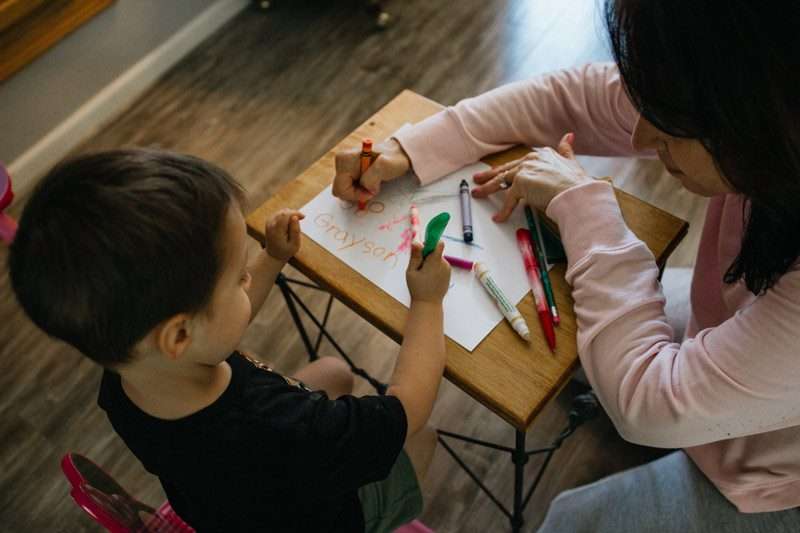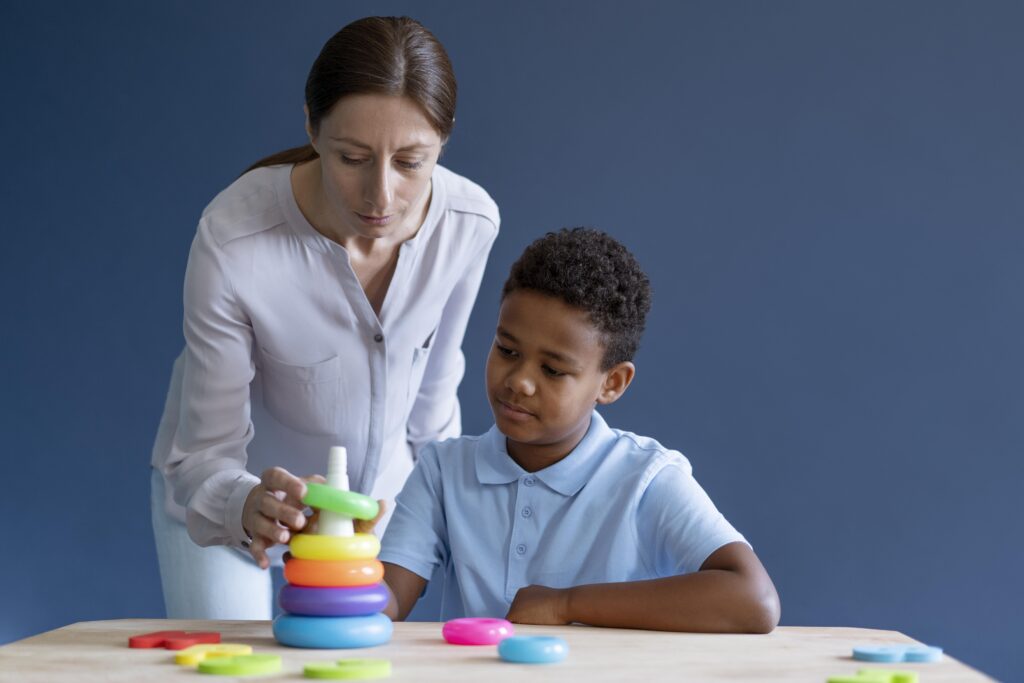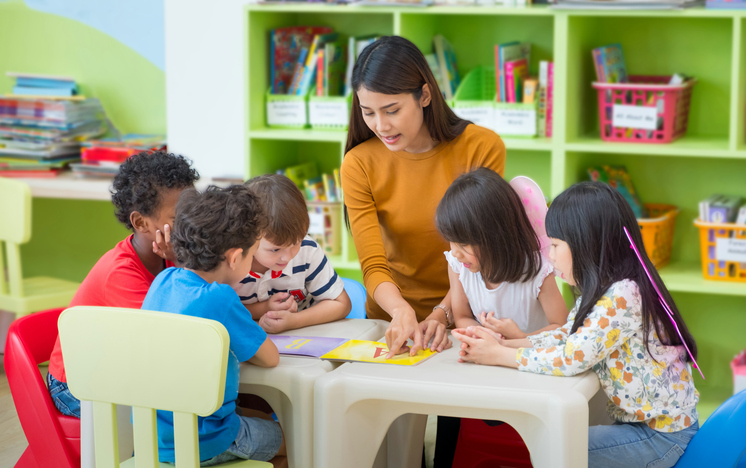Learning Disorder Therapy
Learning Disorder Therapy
In India, around 13-14% of school children suffer from learning disorders. Unfortunately many schools fail to lend a sympathetic ear to their problems. As a result, these children are branded as failures. The past decade has witnessed a sudden spurt in the recognition of learning disabilities in india. This sensitivity has benefitted some children who have to cope up with this hidden disability. Learning disability (LD) is not a single disorder. It is a term that refers to a group of disorders in listening, speaking, writing, reading and mathematics. Dr. Samuel Kirk was the first to use the term learning disabled in 1963.
The National Centre for Learning Disabilities (NCLD) defines it as a neurological disorder that affects the brain’s ability to receive, process, store and respond to information. The disability may manifest itself in an imperfect ability to listen, think, speak, read, write, and spell or to do mathematical calculations.

To put in simple words, students with Learning disabilities have difficulties with academic achievement and ability. Discrepancies exist between a person’s potential for learning and what he learns. Learning disability is not due to intellectual impairment or emotional disturbance which separates it from a slow learner. The backward child or slow learner is poor in all academic subjects due to low intelligence, disadvantaged social condition, emotional hazards, or defective instruction. On the other hand, learning disabled have difficulty in specific academic aspects like speaking, reading, writing etc. Which may be due to brain dysfunction. Also, individuals with minor or temporary difficulties in learning are not termed as learning disabled.
Types of Learning Disabilities:
Deficits in any area of information processing can manifest in a variety of specific learning disabilities. It is possible for an individual to have more than one of these difficulties (comorbidity or co-occurrence). Common types of learning disabilities are:
Most common form of LD. A reading difficulty may affect any part of the reading process, including difficulty with accurate or fluent word recognition, word decoding, reading rate, prosody (oral reading with expression), and reading comprehension.
Impaired written language ability may include impairments in handwriting, spelling, organization of ideas, and composition.
Math difficulty (dyscalculia) can cause difficulties such as learning math concepts (such as quantity, place value and time), difficulty memorizing math facts, difficulty organizing numbers and understanding word problems. Dyscalculics are often referred to as having poor ‘number sense’.
These often manifest in motor clumsiness, poor visual-spatial skills, problematic social relationships, difficulty with math, and poor organizational skills.
Intervention Approaches
Any program for children with Learning Disorder Therapy should be developed based on the specific problems faced by the child. This would mean early identification of learning disability. Proper and adequate identification of the needs of the child would help in planning appropriate intervention. Learners facing problems in reading or understanding would require a different kind of plan as compared to those who face difficulty in writing. Those experiencing problems in social interactions or interpersonal relations would require social skills training. The intervention or provision pattern will also vary depending on the level of schooling also. Children benefit from classroom adjustments and accommodations, use of special equipment, multisensory approach and behavioral intervention techniques.
Learning Disability has always been a hidden disability, hence a common perception of teachers and parents still remains that the child is naughty, doesn’t want to study etc. Hence, there is a lot of pressure on the child to ‘get good marks’ without any instructional modifications. Most of the children with learning problems come to us with a very low confidence. Our first targets are to make the child come from ‘I can’t do it’ to ‘I can do it if I try’. We rely a lot on independent work, taking simple responsibilities and developing an interest for studies. Still, this is the most challenging group as it is always a challenge to synchronize our therapy with school demands and parent expectations.









